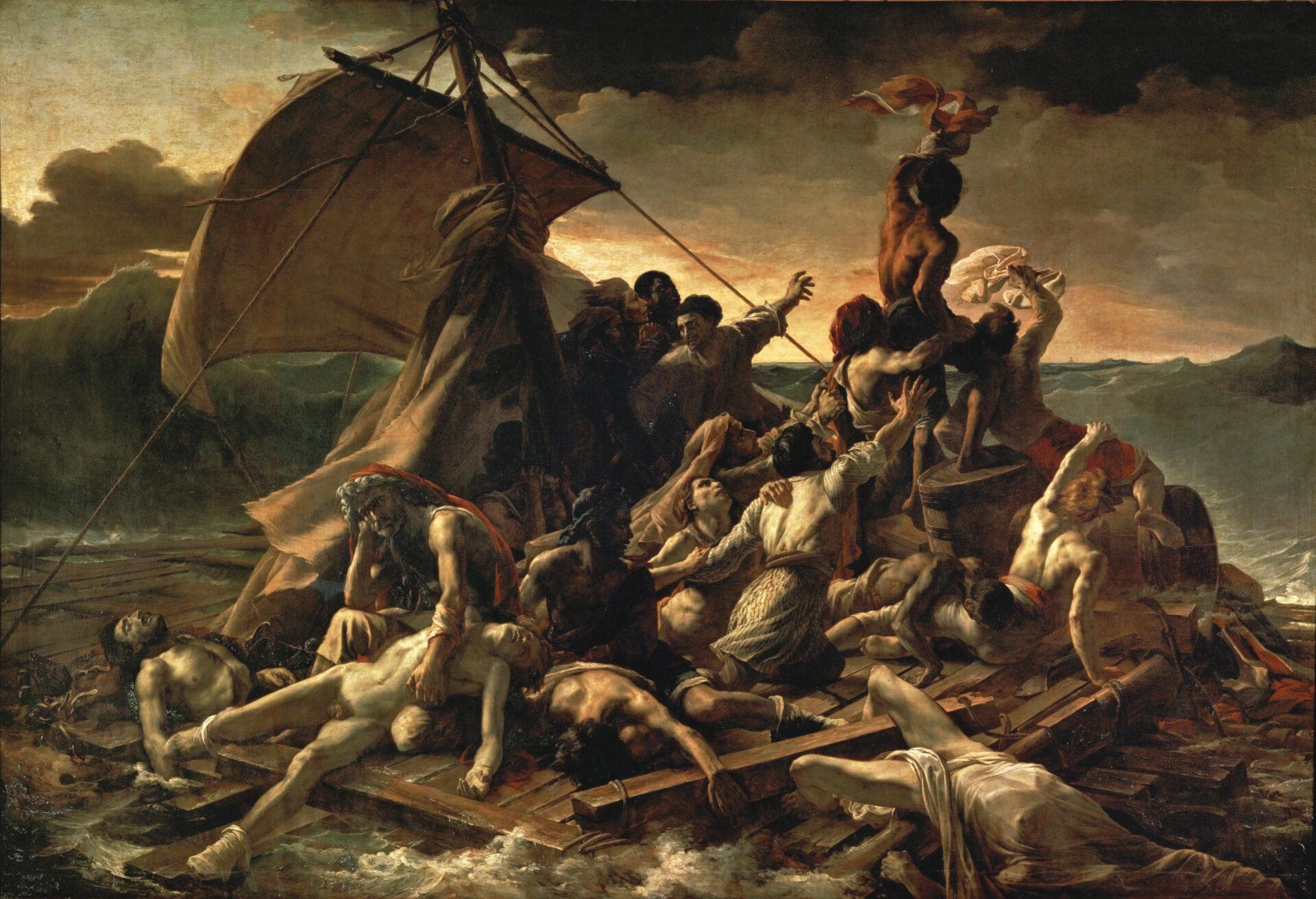
How France and the French Army Are Addressing the Ukrainian Conflict
This war should never have led the EU, and France in particular, to side with one of the belligerents.

This war should never have led the EU, and France in particular, to side with one of the belligerents.
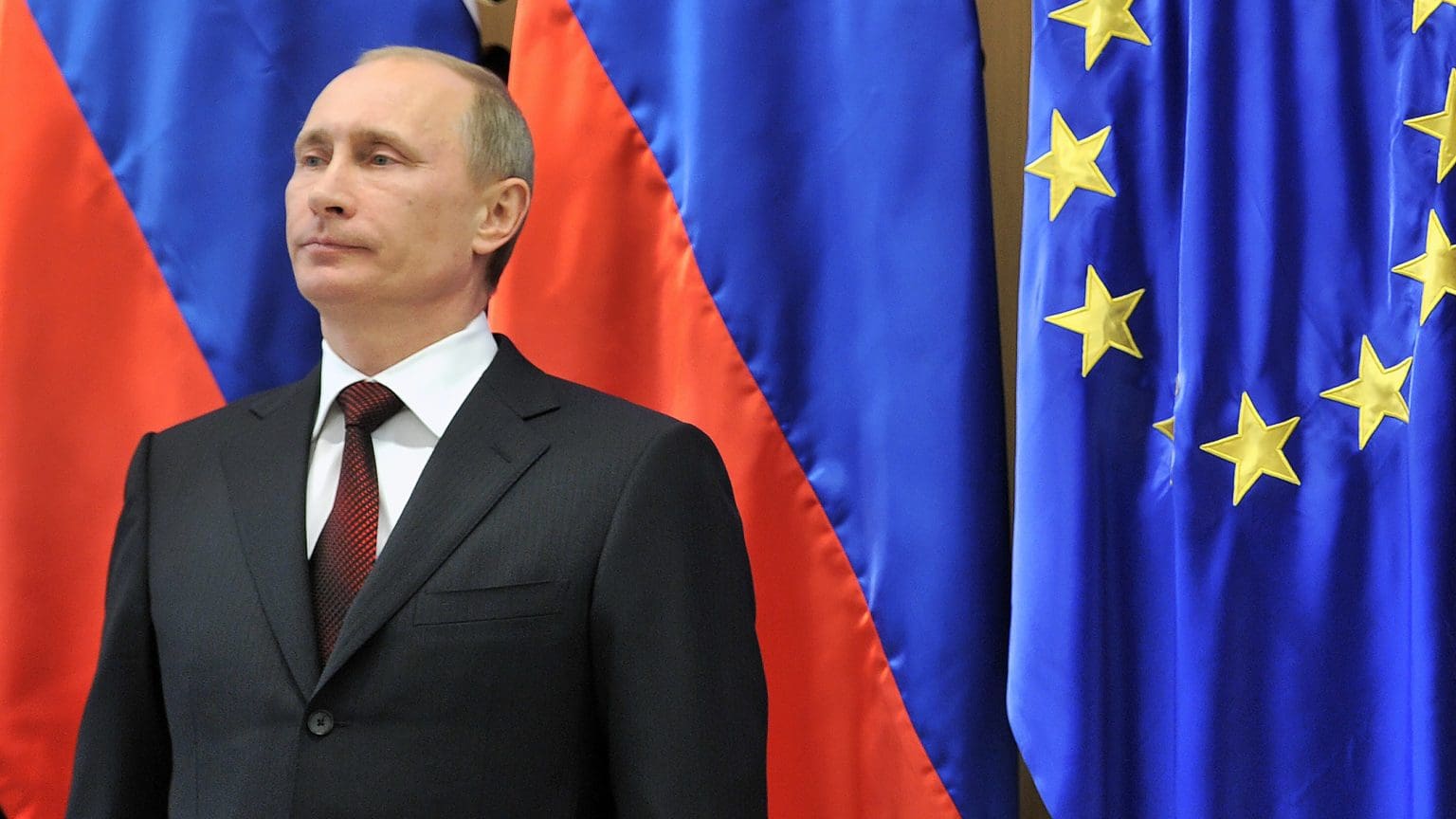
‘The problem is the Western European argument attached to these sanctions, namely: the greater the pressure exerted by the sanctions, the quicker peace will come. This mindset was wrong from the start because sanctions–as we saw earlier in the case of Iran– can only have an impact in the long run.’
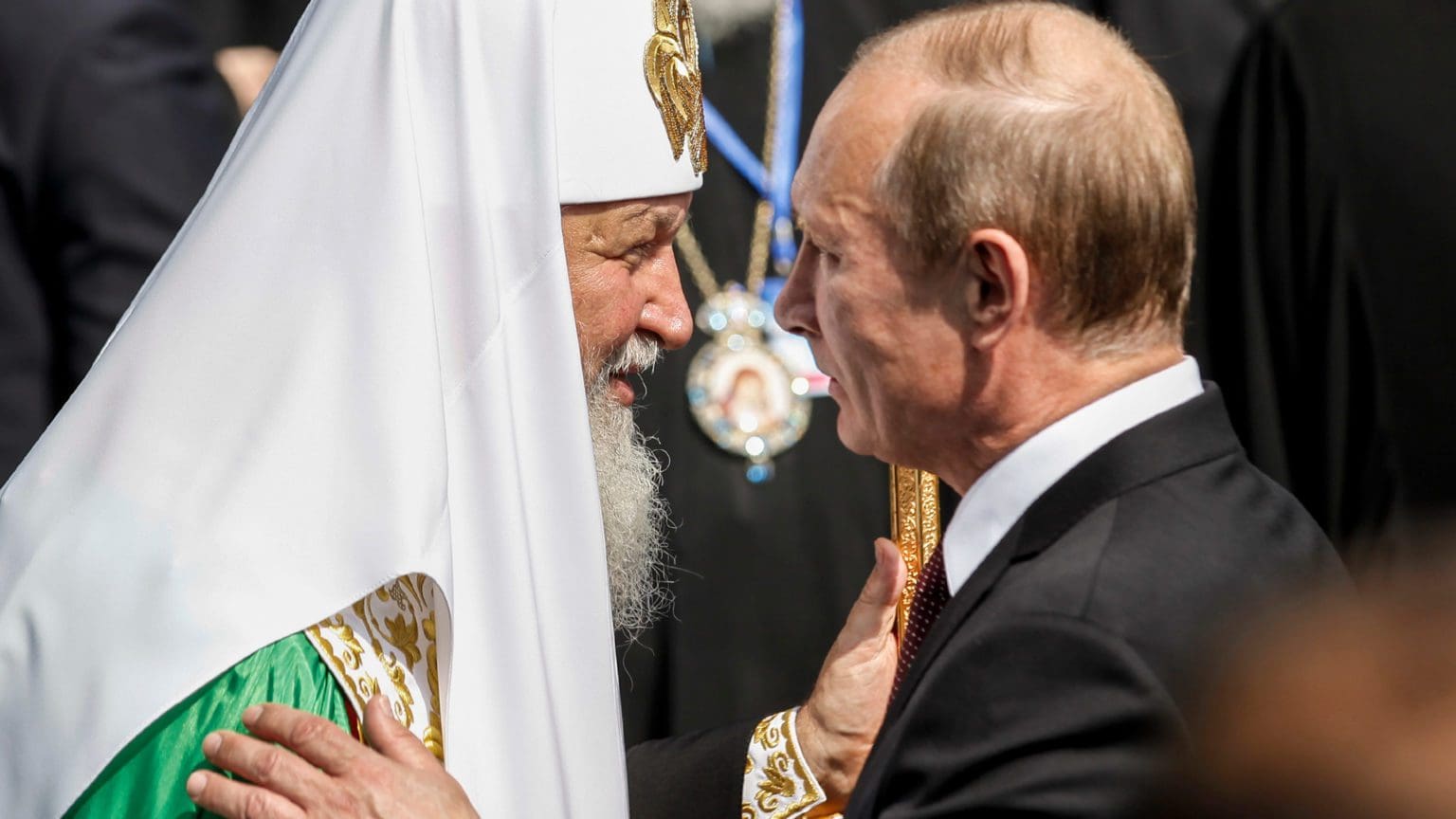
To fully grasp the situation of Russian Christianity, it is necessary to have an understanding of the historical vicissitudes of the Church.
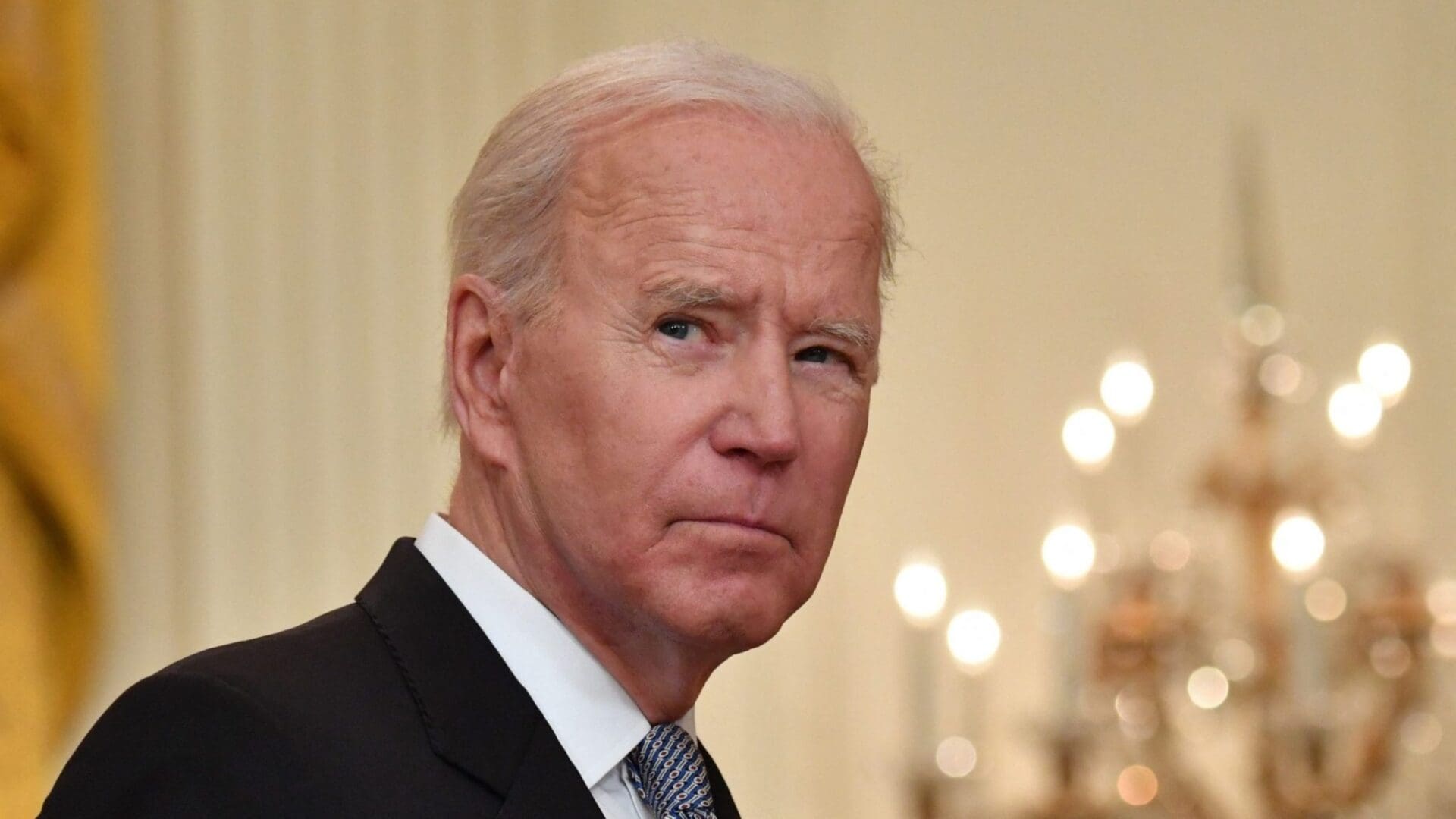
The meeting with the Saudis was, as per the title of Karen Elliot House’s The Wall Street Journal article: ‘worse than an embarrassment’.
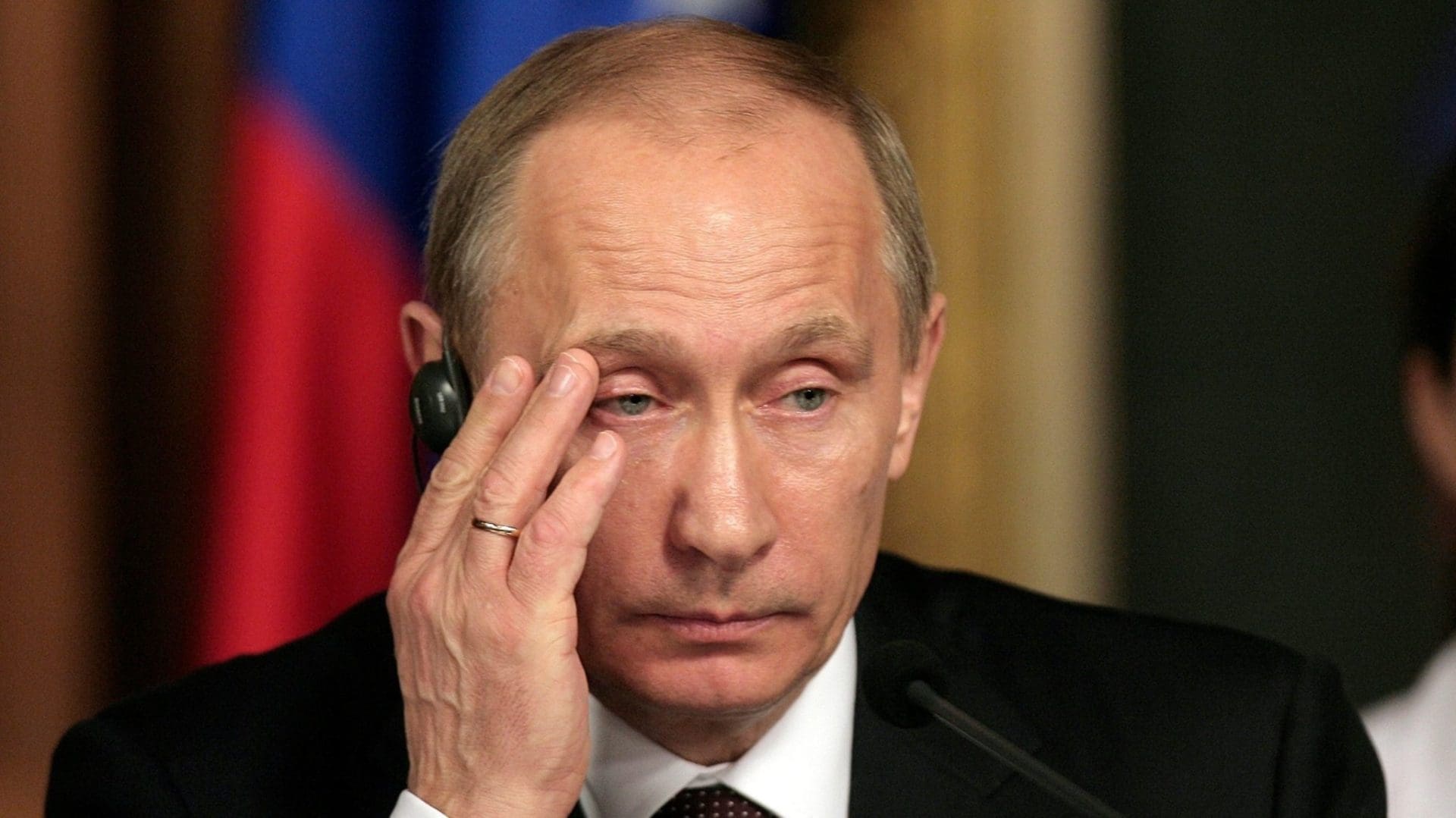
Since February, countless reports have been published about Putin’s health. Claims about his cancer, Parkinson’s disease and innumerable other alleged illnesses abound; however, his worsening looks could simply be the result of aging, with Putin turning 70 soon.
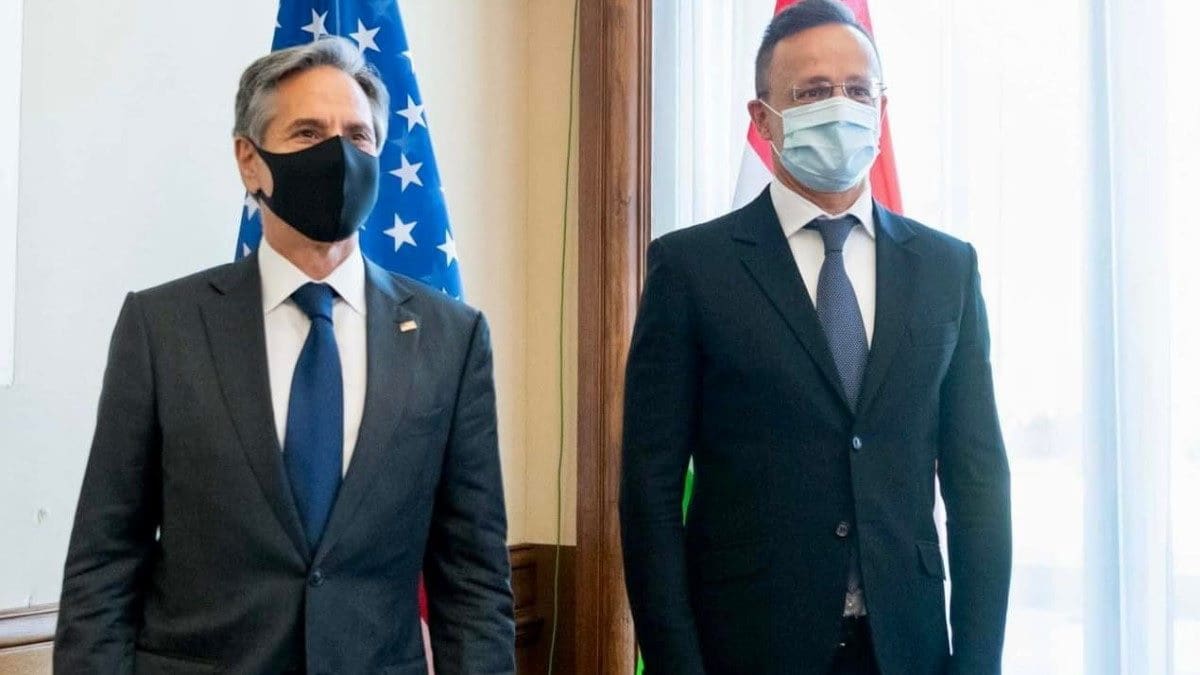
It looks like the Biden government may end up not being able to push its anti-growth tax cartel idea through anyway, beside finding that it is very difficult to coerce the Hungarian Prime Minister into doing anything that he does not feel coincides with the interests of the Hungarian people.
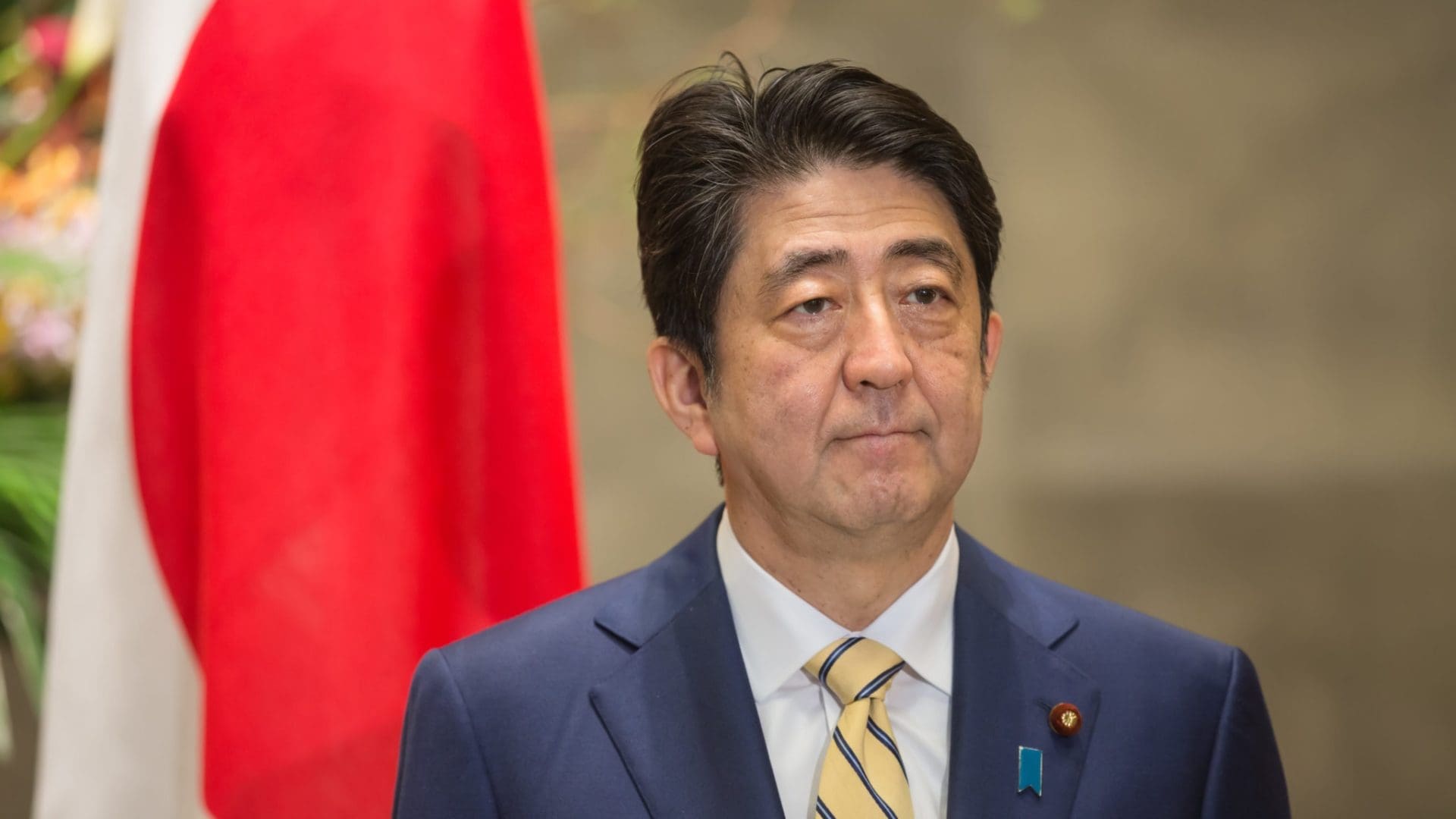
Japan lost a great patriot, and the world a great conservative leader in Abe Shinzo.
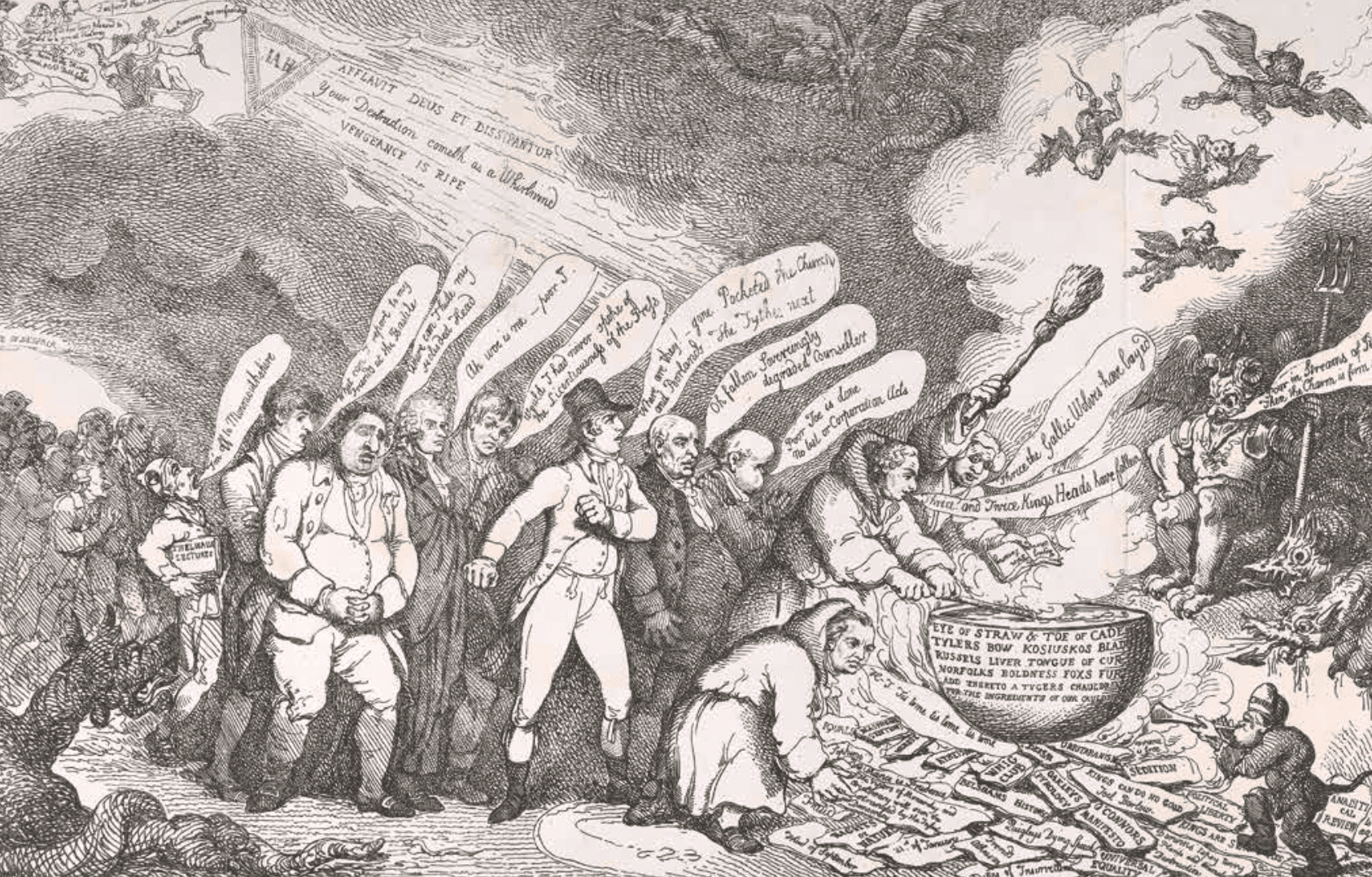
It is our belief that the Western liberal elite’s irrational hatred of Hungary’s political culture is driven by a deeply entrenched sense of insecurity regarding its own legitimacy.

While the parties are making contradictory statements about a possible nuclear emergency, expert analyses suggest that the risks posed by nuclear weapons in the context of the Russian offensive should be taken seriously.
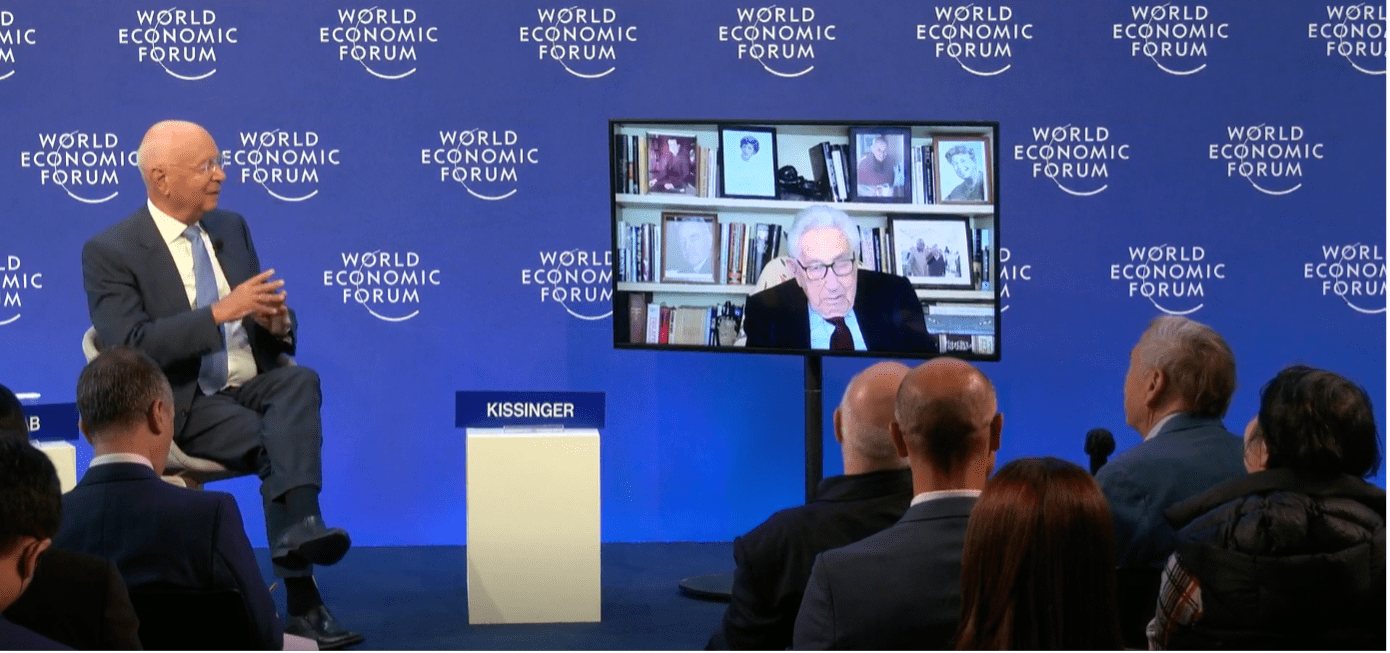
Henry Kissinger said Ukraine should seek peace negotiations with Russia, even if that means conceding territories. After months of Western powers pursuing the policy of shattering not only Putin’s war prospects but his whole regime, the former top official’s advice comes as a surprise. But what is the underlying logic?